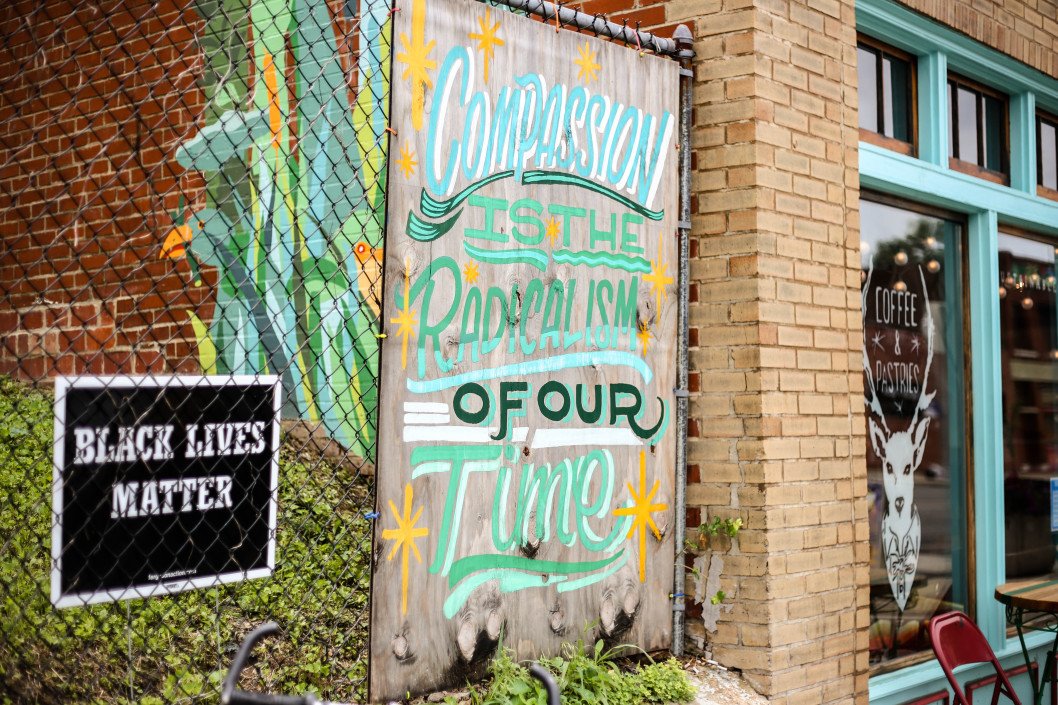Creating Compassionate Communities of Interdependence
This piece is a collaboration with my colleagues Drs. John Colton and Mary Sweatman at Acadia University, along with two of our (former) students, Alisha Christie and Lisa McMinn. It is based on a conference workshop we gave in 2021 at the World Community Development Conference hosted virtually from Nairobi, Kenya. The article was published in March 2022 in Practice Insights Magazine.
*
Compassion is increasingly considered an essential aspect of a thriving and resilient community. The Charter for Compassion, based on an international movement and network among scholars, organizations, and community development practitioners, believe that compassionate driven actions are central to community wellbeing and ecological sustainability. In the book The Compassionate Instinct: The Science of Human Goodness, based on a series of papers from the Greater Good Science Center at UC Berkley, scientists and scholars explore the deep roots associated with compassion, empathy and goodness. Inherent in a compassionate driven model for community development is the belief that communities and individuals represent deep and often untapped reservoirs of kindness and love. Oftentimes, tapping into these reservoirs requires exposing discomforts in the community and even our own vulnerabilities and learning edges as community development scholars and practitioners…READ MORE.

